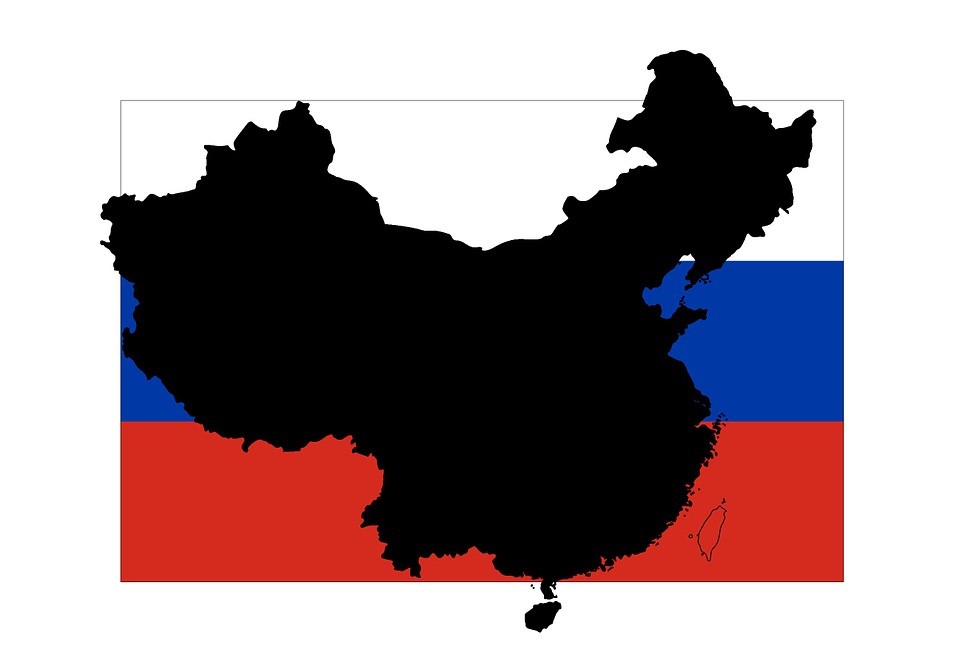Gen. Christopher Cavoli, supreme allied commander Europe and the head of U.S. European Command has warned of growing threats facing NATO.
“There is a lot of work to be done, and there are big challenges looming — some of them are right in our face, right now,” he warned at the Aspen Security Forum.
He is not alone in his concern. the Germany-based Friedrich Naumann Foundation for Freedom notes that “The beginning of Russia’s invasion of Ukraine … marked a deep break … Questions concerning Europe‘s self-image as a voluntary alliance of nation states, its ability to defend itself and the protection though NATO as well as the values for which it stands are further tested by refugees coming to Europe from Ukraine. The democracies of the European Union are vulnerable and their reaction to Putin’s war are carefully watched. Authoritarian states, such as China, predict Europe’s decline and emphasize their own superiority over the ‘Western systems.’”
The most interesting fact General Cavoli emphasized was that, in addition to the renewed danger from expansionist Russia, is the growing threat from China.
The German Marshall Fund describes the problem.. “Russia and China continue to deepen their partnership, mounting a common challenge to the West. They can advance their strategic objectives better together, undermining perceived Western domination of the global order and impacting Europe’s future security. Russia’s war of aggression against Ukraine has de facto upended the post-Cold War security architecture in Europe and is a direct, existential threat to European security. Beijing plays an important role for Russia’s war efforts, regardless of China’s status as Europe’s largest trading partner or its desire to hedge on Europe to win its geostrategic competition with the United States. “
NATO has continued to concentrate on the potential threat from Beijing. . It developed its concern against the backdrop of China’s designation as a “long-term strategic competitor.” Both the Trump and Biden administrations have sought to expand transatlantic cooperation on China, motivated by the belief that greater European support to US policies is key to effectively addressing the economic, political and strategic challenges associated with China’s growth. While Washington has put much emphasis on discussing with the EU and individual European countries how best to tackle the geo-economic, technological and diplomatic challenges associated with China’s rise and behaviour, NATO has also become an increasingly important partof transatlantic cooperation on China.
Some Chinese military threats to Europe are conventional. China and Russia have engaged in joint maneuvers in the Mediterranean, and the Chinese naval presence in the Middle East has grown.
Others are of a different variety. The Atlantic Council says that some Chinese threats to European security are merely insidious. For example, China undermines Europe’s military capabilities by stealing defense-related intellectual property and sharing it with its own military and defense industry as China develops new weapons and capabilities. Similarly, Chinese investment in European infrastructure—especially shipping terminals, utilities, and telecommunications networks—provides an excellent platform for intelligence-gathering on NATO military operations. In a worst-case scenario, China could weaponize its ownership or operation of infrastructure in Europe to frustrate, limit, or prevent US or allied use. In other cases, the Chinese threat to Europe manifests in the form of outright attacks. Chinese cyberattacks on European government, industry, military, academic, and civil institutions—including, reportedly, on hospitals during the pandemic—are relentless and massive. In 2014, NATO declared that cyberattacks could trigger the invocation of Article 5, the Alliance’s mutual-defense clause.
Increasingly, the links between Russia, China, and now Iran as well, are a source of deep concern to Europe, the United States, and other nations.
